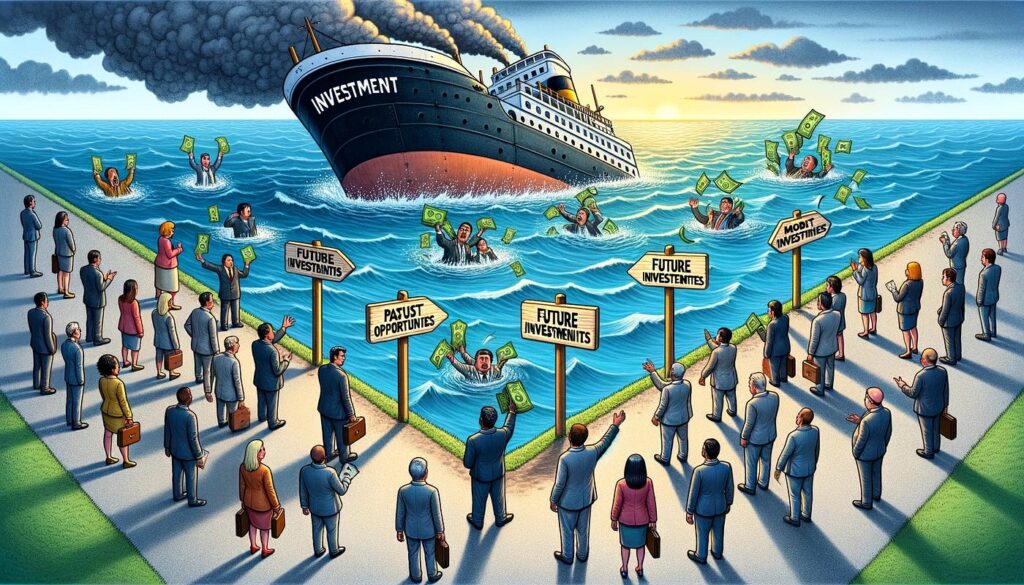The cost of your time
The cost of your time

I was watching a YouTube video recently about consumerism and thought about this subject – the cost of your time. The video discussed how the desire for more creates a domino effect. In order to buy more, we usually need to work more. But then when we make more, we usually buy more. This is a never ending cycle. Our human minds tend to associate value with currency, but not all currency is in the form of money. After all…time is money. Let’s discuss the cost of your time.
Advertisements Everywhere
The desire for more is influenced by commercials, social media, your friends, family, and coworkers. Your desire for more could stem from growing up poor and wanting to reward yourself for doing well or wanting what you didn’t have growing up. Your desire for more could stem from a shopping addition or subconsciously suppressing feelings that you do not address the healthy way. There are a multitude of reasons for overconsumption and advertisements do not make it easier. This is why you have to practice the art of true contentment. Once you know that you have everything you need, your desires become less. You value things differently now because they are cherished versus just occupying space. The things you want cost more than money, they cost time. You are trading your time for things. Your ability to make more money is infinite but your time is finite.
It is also important to consider how social media, celebrities, and keeping up with the Joneses affects your life.
Every decision comes with a trade-off of some sort. If you want a larger home, did you consider how that will impact your demand to fill up the extra space or the increased utility costs, home insurance, and property taxes? If you want that nice sports car, have you considered how this will affect the cost of insurance, gas mileage, and tier of gasoline that the vehicle requires? Many people only focus on the immediate gratification of having the thing without considering what it requires to keep the thing.
Let’s say you make more and can afford more. Are these purchases justified? Avoiding lifestyle creep can help you reach your financial goals.
There is nothing inherently wrong with satisfying your wants but there should be a balance. The root cause of said desire should be appraised. Do you want it for you or to shape some else’s perception of you?
Quiet Wealth
I have noticed that wealth is quiet. Your average millionaire could very well be your neighbor and you not even know it. People subconsciously associate material things with wealth. The clothes, the car, the home. What about what no one else sees – the bank account. Before he died, Steve Jobs was a great visible representation of quiet wealth. He would wear basic unbranded clothing. He was never the flashy type. Another example is Warren Buffett. He lives in the same home he purchased in 1958 when he has the financial means to upgrade his lifestyle. The less visible your money is to others, the more you usually have.
Resist the temptation to broadcast your wealth when you have nothing to prove to anyone.
Falling Behind
The cost of your time can also come into play regarding feeling behind in life.
How can you be behind in life? You are the only one living your life. If you feel behind in life, you are striving after someone else’s ambitions and expectations, not your own. No one should be able to dictate your timeline in life.
“We are encouraged to never stop and never be satisfied. It’s beyond our bandwidth and we’re starting to see symptoms. I have enough. I’ve done enough. I am enough.”
Jim Carrey
Relationships
The value of your time also applies to relationships of any kind. This can tie into the hobbies you are interested in, the friends you hang out with, your family, and the romantic partner you allow in your life. Every relationship you have will inevitably cost you time. If you have children, raising and educating them is a huge time investment. It is up to you to determine the cost of your time in relation to the important people in your life.
I have heard some people say that they wish they spent more time with their loved ones before they died. That is time they cannot get back. Ultimately, we should prioritize the time we have left with out loved ones rather than waiting until a funeral to be together in a room of people we love.
Sunk Cost Fallacy

Lastly, we can get into some economics – sunk cost fallacy.
View your time as it really is, priceless. Time is a limited resource that we often never fully appreciate while we are young and that we wish we had more of when we are older. Opportunity does cost and for every choice you are spending a portion of your life that you cannot get back. The cost of your time is worth more than money can ever buy. You can’t buy back your health and you can’t buy back time away from your loved ones. Just because you have invested so much money, time, or energy into something so far does not mean that you cannot stop or change. You have the ability to rebalance your life just like you can rebalance your portfolio. It is never too late to change your mind. You cannot change your past choices but you can control your future choices.
Automating your life can also save you time to devote towards more important things.
You and your time are worth more than money could ever buy. Measuring success is in a league of its own and requires a mindset of contentment. I hope you realize this world is designed to make you feel like you never have enough. This can make you be in a constant loop of feeling insatiable. Practice the art of true contentment and value your time as a priceless resource and you will reap the best return on investment.